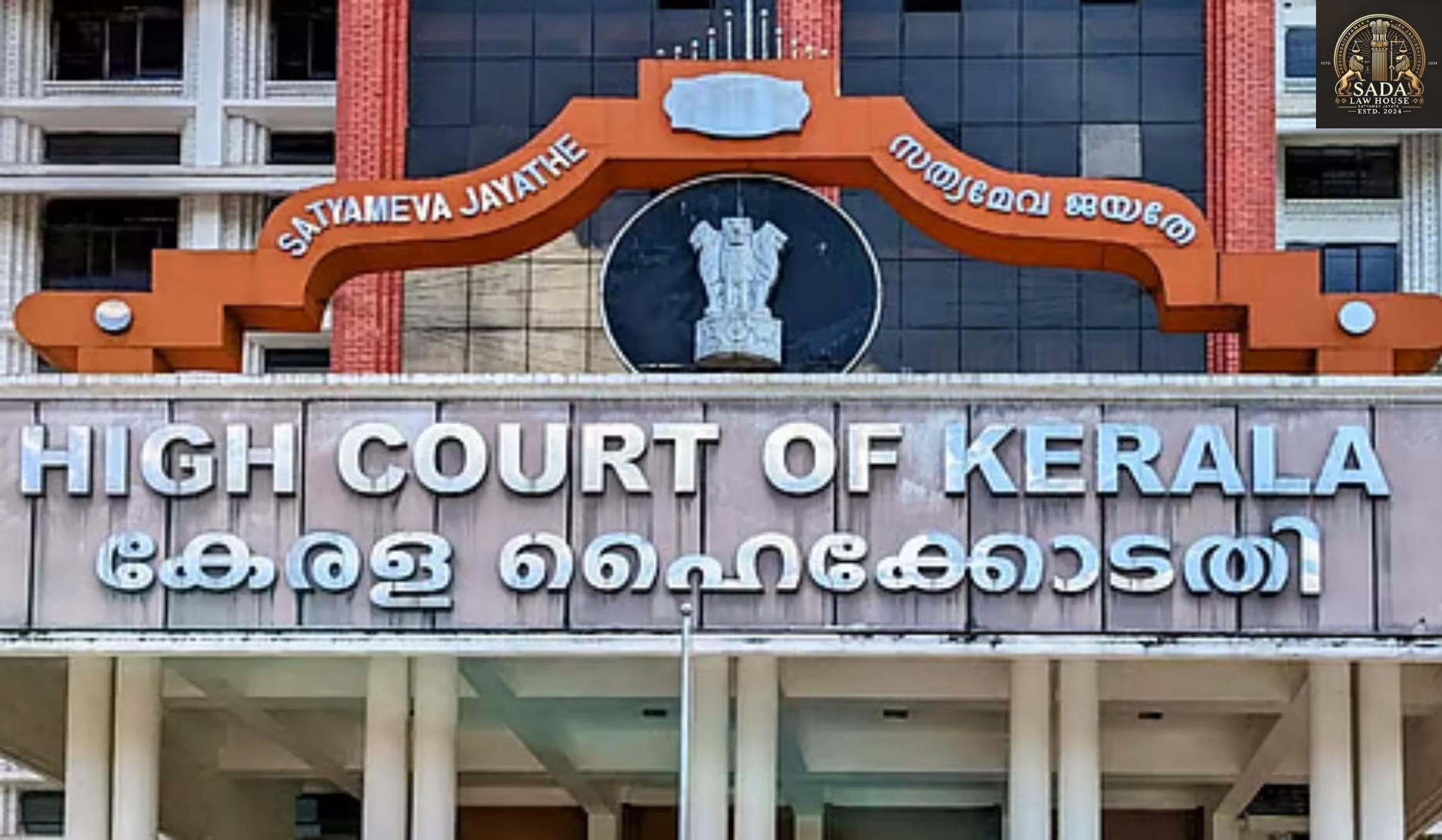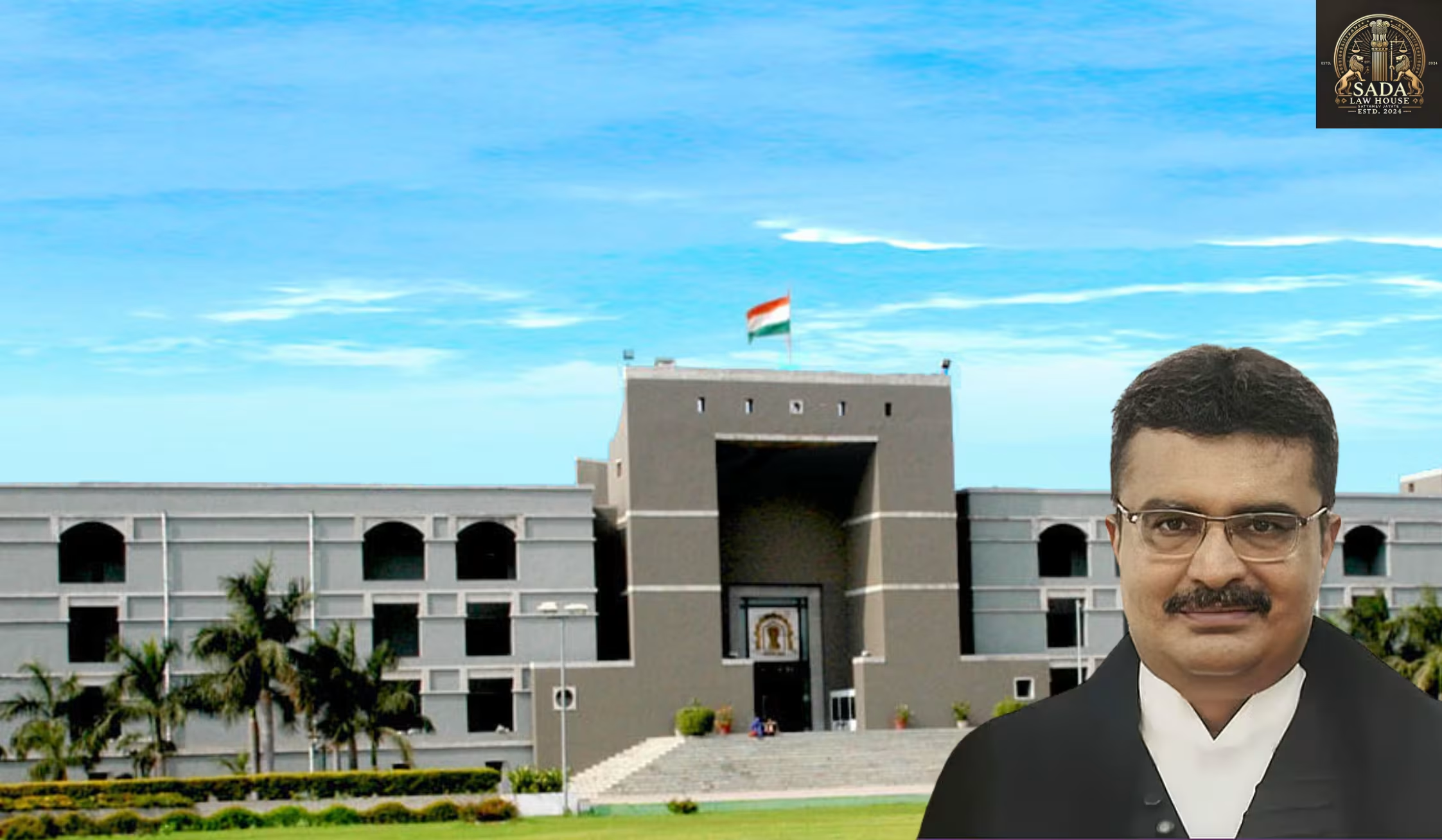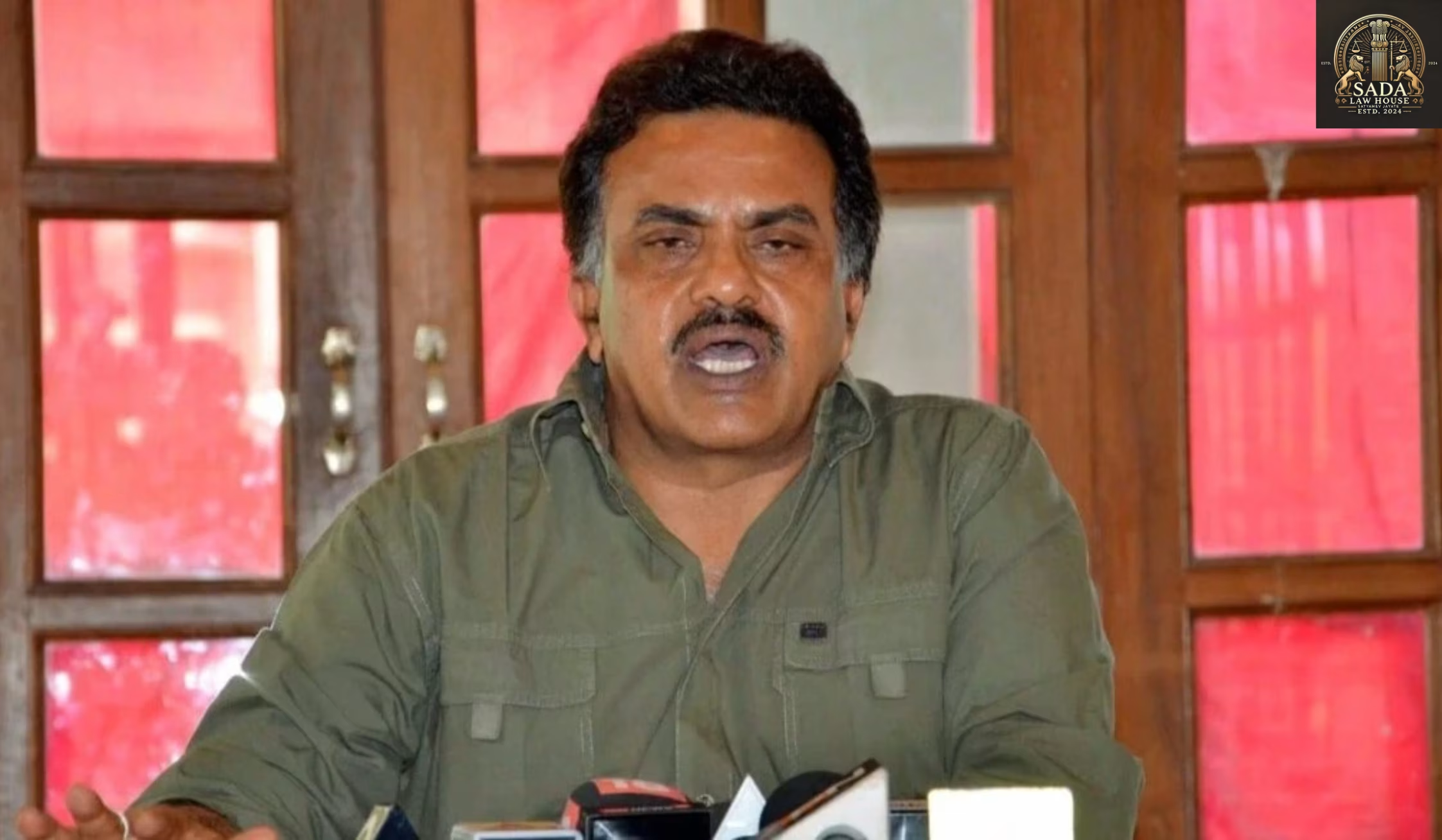Kerala High Court Declares GST on Club Services to Members Unconstitutional: Major Relief for Associations
- MAHI SINHA
- 16 Apr 2025

The Central Goods and Services Tax Act, 2017‘s provisions that permitted clubs and organizations to charge GST on supplies to its members were overturned by the Kerala High Court in a landmark ruling.
A 2021 modification to the CGST Act expanded the definition of “supply” to encompass “activities or transactions, by a person, other than an individual, to its members or constituents or vice versa, for cash, deferred payment or other valuable consideration.” Additionally, this modification went into effect retroactively on July 1, 2017.
According to a bench made up of Justices Dr. Jayasankaran Nambiar and S. Easwaran, these clauses are invalid. According to the judgment, the clause violated the concept of “supply” provided under Article 246A of the Constitution.
“Accordingly, the provisions of Section 2(17)(e) and Section 7(1)(aa) and the Explanation thereto of the CGST Act, 2017 and the provisions of Section 2(17)(e) and Section 7(1)(aa) and the Explanation thereto of the KGST Act are declared as unconstitutional and void being ultra vires the provisions of Article 246A read with Article 366 (12A) and Article 265 of the Constitution of India,” the court ruled.
The bench also believed that it was unlawful to give the measures retroactive effect. The bench noted that it is unfair and against the rule of law to change the basis of taxes with retroactive effect when the parties did not expect such a levy for the previous time.
The idea of the Rule of Law is undermined when a statutory provision is added that changes the basis of indirect taxation with retroactive effect, taxing individuals for a time in the past when they had not foreseen such a levy and, as a result, had not had a chance to collect the tax from the recipient of their services. The State would also be seen to have failed to provide a convincing rationale for its legislative action. The transition from a culture of power to one of justification has allowed our citizens to enjoy the protections outlined in our Constitution during the last 70 years since it was ratified. As a result, the state must now provide an explanation for each action it takes that affects its citizens’ constitutional rights, whether they be basic or not. We cannot see any such rationale for the contested legislative provisions’ retroactive application.
The Indian Medical Association filed a writ appeal against the recovery of GST on services provided to its members, and the ruling was rendered in that case. The IMA argued that a club or association’s services to its members are not taxable by using the mutuality principle.
However, an amendment to Section 2(17)(e) and Section 7(1)(aa) read with the Description thereto of the Central Goods and Services Tax Act, 2017 as well as the Kerala Goods and Services Tax Act, 2017 [KGST Act] eliminated the non-taxability of services to members. This amendment introduced deeming provisions that made the provision of services by an organization to its members a taxable supply for the purposes of tax levy. With effect from July 1, 2017, the modification enacted by the Finance Act of 2021 was also made retroactive. As a result, the IMA contested these clauses’ constitutionality.
The lone judge rejected the retroactive operation but affirmed the terms. In order to challenge the verdict to the degree that it ruled against them, the IMA, the Union, and the State all filed writ appeals.
In evaluating the writ appeals, the division bench pointed out that the word “supply” is used in Article 246A of the Constitution, which grants the Union and the States concurrent legislative authority to enact laws pertaining to goods and service taxes, without giving it a fictitious meaning that would include even a “deemed supply.” Legislators were not allowed to give the word “supply” a new meaning since the Constitution itself defines it in a particular way.
“In these proceedings, we are faced with a scenario where a term or idea has been assigned a meaning that is different from the constitutionally recognized meaning of the same word or concept due to the legislative body’s statutory exercise. We believe that when the Supreme Court interprets a word or concept in the Constitution in a certain way, a legislative body that derives its legislative authority to enact a statute from the Constitution cannot give the word or idea a meaning that differs from the meaning the Supreme Court has given it in its understanding of its setting under the Constitution. This is particularly true when a word or idea is employed in a specific way within the Constitution, as that meaning is what establishes the legislature’s actual authority to pass legislation pertaining to the topic that the phrase or concept represents.”
The Court ruled that the Constitution’s definitions of “supply” and “service,” as they appear in the GST structure, call for a plurality of people. Both State of West Bengal & Ors. v. Calcutta Club Ltd. (2019) and Ranchi Chief Commissioner of Central Excise & Service Tax (2012) acknowledged this.
There is the idea of a considered sale following the Constitution’s 46th Amendment Act of 1982. Accordingly, a tax on the delivery of products to a member of an incorporated group or body of people in exchange for cash, a deferred payment, or something asset was considered a tax on the sale or purchase of goods under Article 366(29A). The court accepted the argument that the Constitution does not yet contain the idea of a “deemed supply of service.” The Court further noted that, as seen in the Calcutta Club, the mutuality principle has withstood the 46th Amendment.
The Court ruled that the CGST/SGST Act modifications should fail as long as the Calcutta Club precedent is upheld or the Constitution is not appropriately changed to exclude the idea of mutuality from the definition of supply and service.
Live Cases






